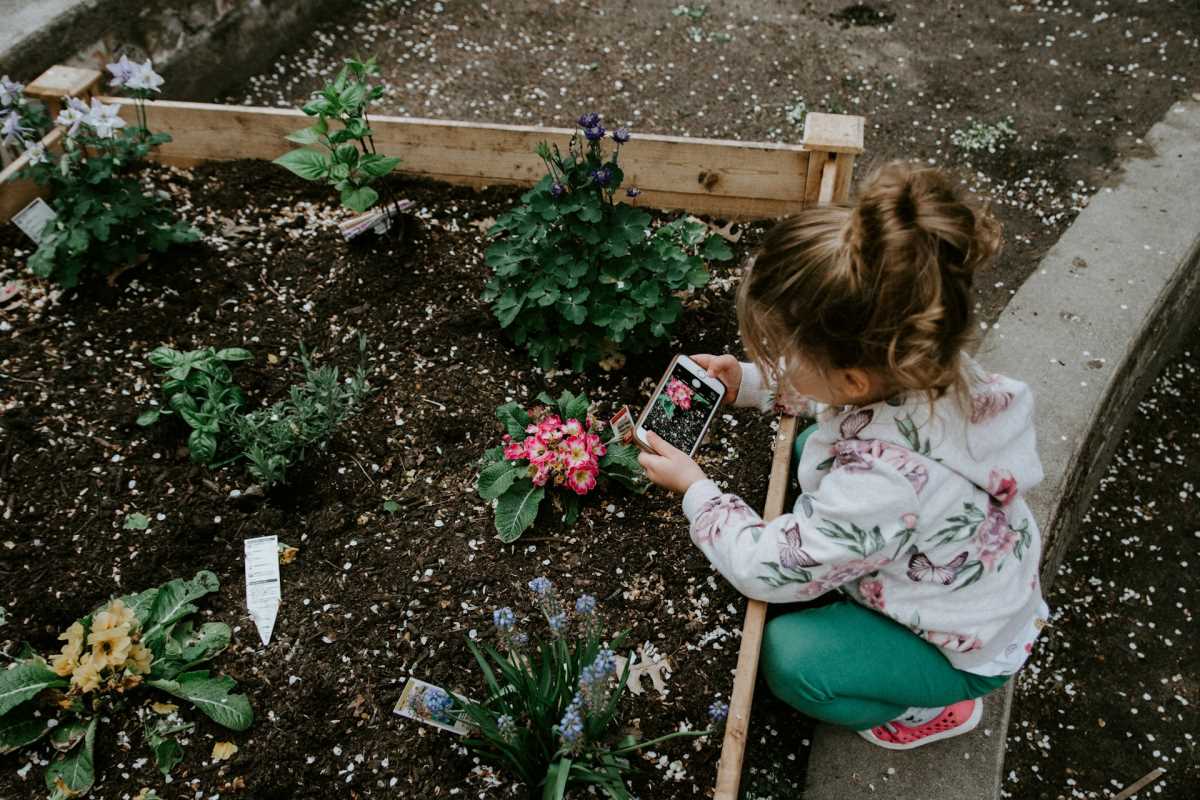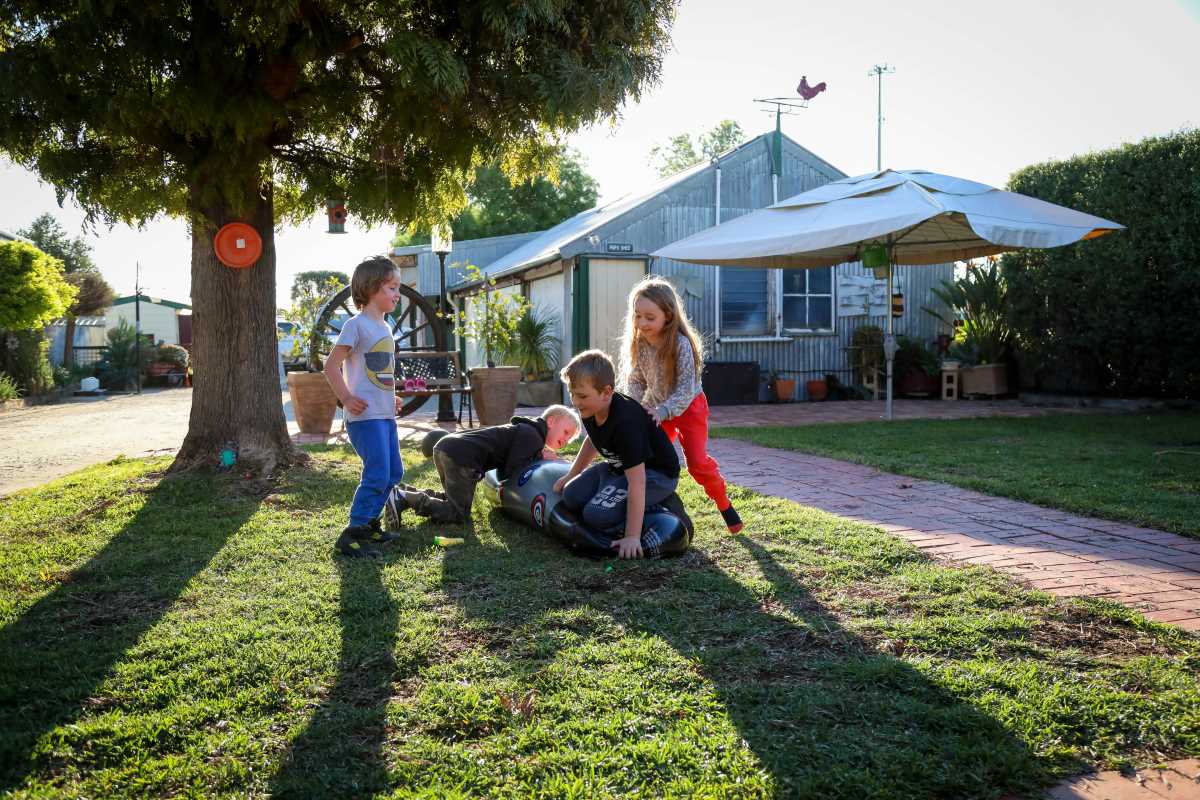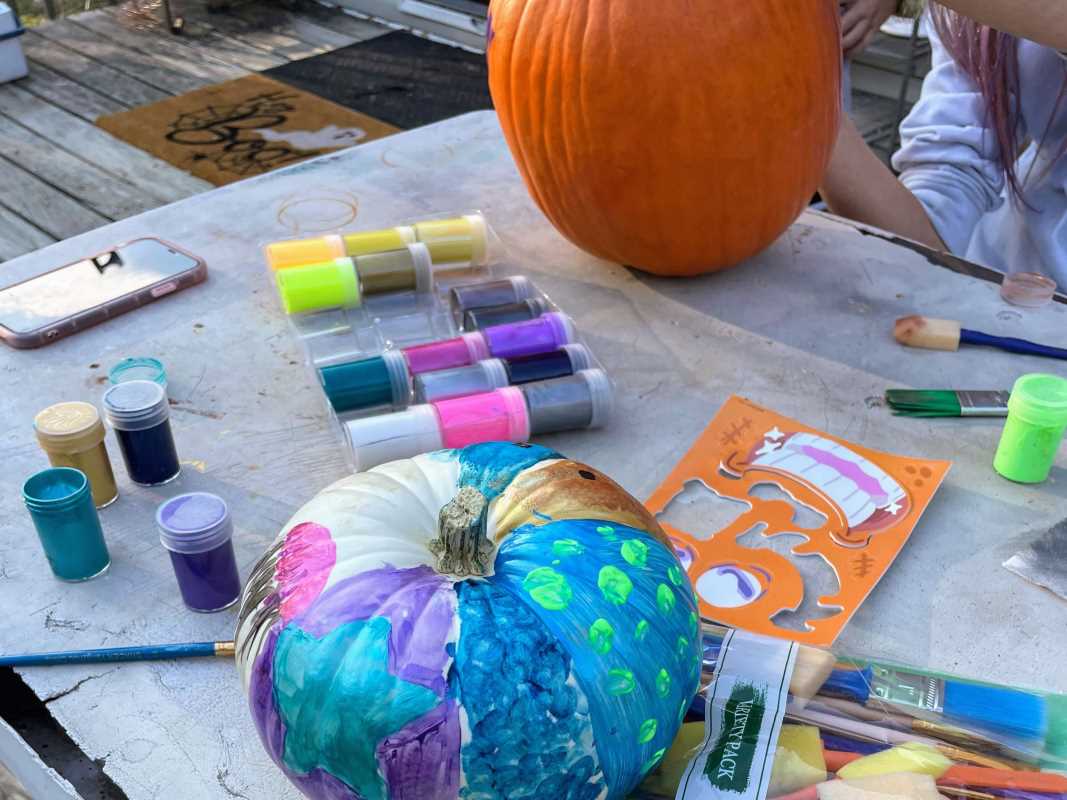Gardening is more than just a hobby—it's a wonderful way to teach children responsibility, patience, and a love for nature. By getting them involved in gardening, you can foster creativity, build life skills, and create memories together. Here are seven fun and practical tips for teaching your children how to garden.
1. Start With Simple Plants
Begin by choosing easy-to-grow plants like sunflowers, tomatoes, or herbs such as basil and mint. These are hardy, quick-growing, and rewarding for young gardeners. Seeing their efforts pay off quickly will keep your kids excited and eager to learn more. Try plants that can be grown in small containers or in garden beds so they can witness the growing process from seed to plant.
- Spider Plant: Low-maintenance and thrives in a variety of light conditions. Great for air purification.
- Snake Plant: Tolerates low light and infrequent watering. Also known for its air-purifying qualities.
- Pothos: Very easy to grow, adaptable to different light conditions, and requires minimal care.
- ZZ Plant: Highly drought-tolerant and can thrive in low-light conditions.
- Aloe Vera: Requires minimal watering and thrives in bright, indirect light. Useful for its medicinal properties.
- Peace Lily: Prefers low to medium light and needs only occasional watering. Known for its beautiful white flowers.
- English Ivy: Grows well in low light and can be grown in hanging baskets or as a climbing plant.
- Succulents: Various types (like Echeveria or Jade Plant) are low-maintenance and need only occasional watering and bright light.
- Basil: Easy to grow indoors or outdoors, requiring plenty of sunlight and regular watering.
- Mint: Grows quickly and easily in containers or garden beds, thriving in a sunny spot and regular watering.
2. Make It Hands-On
Gardening is an active, physical experience that can captivate children’s interest. Let them handle tasks like digging, watering, and planting seeds. Provide child-friendly tools that are lightweight and safe for little hands. The more they participate, the more they'll enjoy it, giving them a sense of ownership over their garden.
3. Teach About Soil and Bugs
Turn gardening into a science lesson by teaching your children about the importance of soil, water, and bugs. Show them how worms help aerate the soil, or how bees pollinate flowers. Encourage them to explore different soil types, and explain why certain insects are helpful while others can harm plants. This will build their understanding of ecosystems and the role each part plays in nature.
4. Create a Garden Journal
A gardening journal is a great way to keep children engaged while also teaching them observation skills. Have them draw the plants at different stages or write down the changes they notice over time, such as the first sprout, bloom, or harvest. They can also track what days they watered the plants or how much sunlight their plants are getting, which teaches responsibility.
5. Designate Their Own Garden Space
Give your child a small section of the garden that’s all theirs to tend to. This could be a raised bed, a section of the yard, or even a few pots on the patio. Allow them to pick out which plants to grow and take care of it regularly. This gives them a sense of pride and responsibility and shows them the reward of nurturing life.
6. Celebrate Harvest Time
One of the most rewarding parts of gardening is harvesting! When it's time to pick the fruits, vegetables, or flowers they’ve grown, make it a celebratory event. Show them how to prepare meals with what they’ve harvested or display their flowers proudly at home. Involving them in the next step encourages a connection between gardening and everyday life.
7. Make It Fun With Games and Challenges
Turn gardening into a fun challenge by creating games. For example, you can see who can pull the most weeds in five minutes or who can spot the first flower bud. You can also create a scavenger hunt for different garden elements like certain insects, types of leaves, or flowers. Making gardening playful will keep your children engaged while teaching them important lessons about the natural world.
Teaching your children gardening is a rewarding experience that helps them appreciate nature and learn valuable life skills. By starting with simple plants, keeping things hands-on, and making the experience fun and educational, you can inspire a lifelong love for gardening in your kids. Whether you have a sprawling backyard or a few pots on the balcony, these tips will help your children grow their knowledge—and their plants—while enjoying time together in the garden.
(Image via Unsplash)

.jpg)





